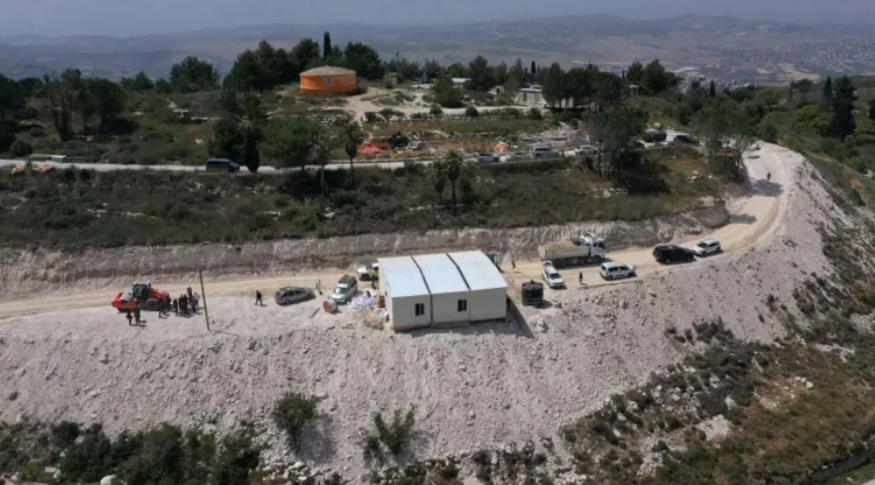Israel has approved the establishment of 22 new Jewish settlements in the occupied West Bank, marking the largest single expansion of settlements in more than three decades. The move, announced by Defence Minister Yoav Gallant and Finance Minister Bezalel Smotrich, has drawn sharp condemnation from Palestinian leaders, international observers, and human rights groups.
Some of the settlements had previously existed as unauthorized outposts and will now be legalized under Israeli law. Others are entirely new. The announcement came after a decision believed to have been made two weeks earlier by the Israeli government.
“This is a strategic move that prevents the establishment of a Palestinian state that would endanger Israel,” said Gallant, echoing statements from Smotrich, who called it a “once-in-a-generation decision” and proclaimed: “Next step, sovereignty!”
Peace Now, an Israeli NGO that monitors settlement activity, described the move as “the most extensive of its kind” since the 1990s. The group warned it would dramatically reshape the West Bank and further entrench Israeli control over the territory.
Nine of the new settlements will be entirely new constructions, including Mount Ebal near Nablus and Beit Horon North west of Ramallah. Twelve previously unauthorized outposts, such as Homesh, will now be granted legal status. Another site, Nofei Prat, near East Jerusalem, will be reclassified as an independent settlement rather than a neighborhood of Kfar Adumim.
The decision comes amid heightened regional tensions and ongoing fighting in Gaza following the October 2023 Hamas attack on Israel. Settlement expansion has accelerated under Prime Minister Benjamin Netanyahu’s current right-wing coalition government, with 49 new settlements approved since he returned to office in late 2022.
Palestinian officials condemned the announcement. Nabil Abu Rudeineh, spokesperson for Palestinian Authority President Mahmoud Abbas, called it a “dangerous escalation” and accused Israel of “dragging the region into a cycle of violence and instability.”
International reaction was swift. Jordan’s foreign ministry called it a “flagrant violation of international law,” while UK Foreign Office Minister Hamish Falconer said the move was a “deliberate obstacle to Palestinian statehood.”
The settlements are widely considered illegal under international law, a position Israel disputes. In 2023, the International Court of Justice ruled that Israel’s continued presence in the occupied territories is unlawful and that all settlers should be evacuated.
The move further complicates efforts to revive a two-state solution, with a French-Saudi peace summit planned at the United Nations next month.


